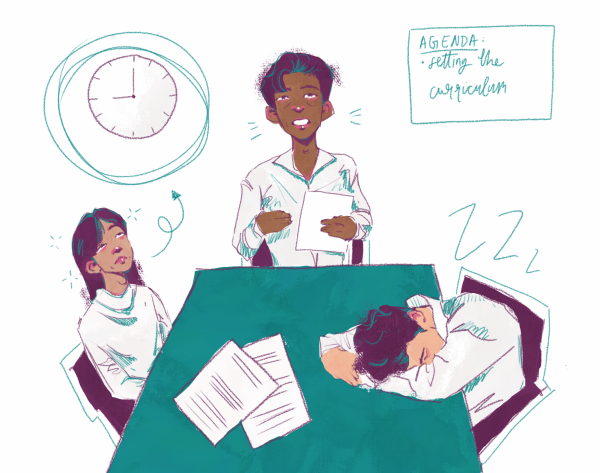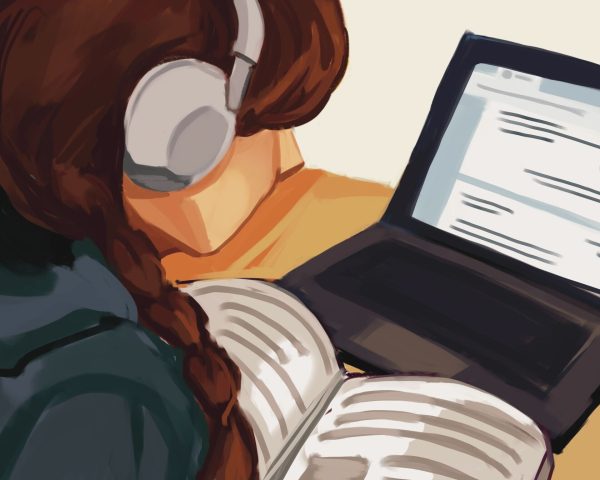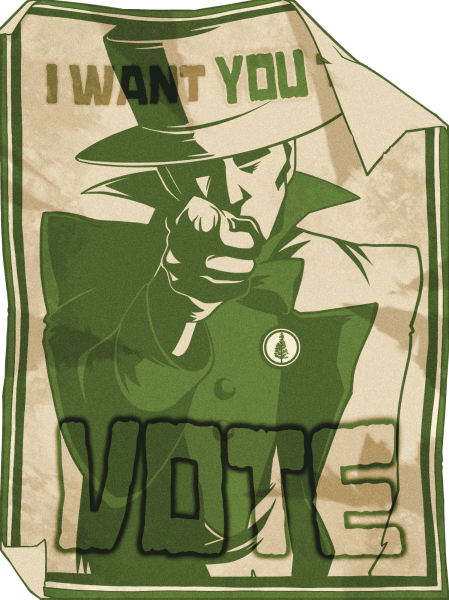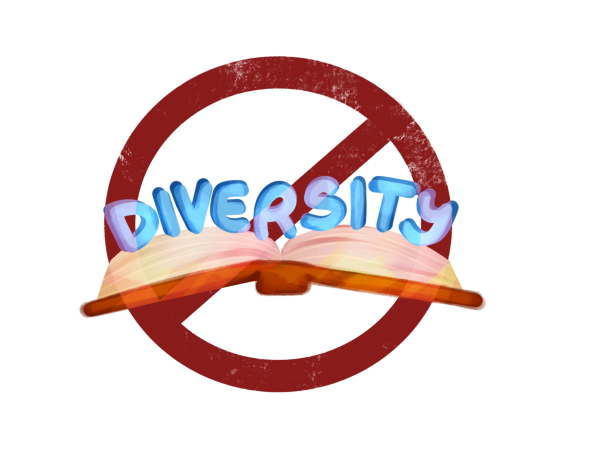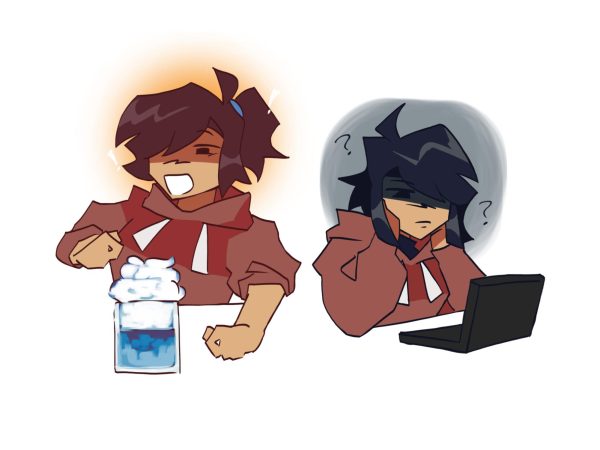College sport players should be paid for money generated for schools
Texas A&M’s superstar quarterback Johnny Manziel did not receive any money for an autograph, yet he was punished by the National Collegiate Athletic Association (NCAA). Although Manziel did not receive any compensation for his autographs, his actions were still in violation of NCAA bylaw 12.5.2.1. The rule states that a college athlete will be suspended if he or she “accepts any remuneration for or permits the use of his or her name or picture to advertise, recommend or promote directly the sale or use of a commercial product or service of any kind.” The key word here is “permits.” Around the time of the suspension, Texas A&M and the NCAA released a joint statement explaining that Manziel was suspended for an “inadvertent violation.”
Despite the fact that the punishment doled out by the NCAA was akin to a slap on the wrist — Manziel was suspended for a mere 30 minutes against a lowly Rice team — no player should ever be punished at all for this sort of “transgression.” This fiasco brings a certain controversial question to national attention: Why don’t college athletes get paid?
College and professional sports, especially football, are dangerous, no — one can dispute that. College athletes put their bodies on the line every time they step onto the field, yet they do not receive any compensation. And no, the money college athletes receive for scholarships is not enough.
If a college football player plays for four years on a full scholarship at a university with a tuition of $50,000 per year, he saves $200,000 — the minimum salary for a National Football League (NFL) rookie stands at $405,000. The minimum salaries for the National Basketball Association (NBA) and Major League Baseball (MLB) are $490,180 and $490,000, respectively.
There is a reason 35 high school baseball players were chosen in the first two rounds of the MLB First-Year Player Draft: for elite athletes, getting an education is not worth the four years of six-figure salary they forgo by going to school.
According to ESPN, last year, the University of Texas’ football program generated the school $104.5 million. Duke University’s basketball program generated the school $26.6 million. In fact, Arkansas State’s football team, last in NCAA Division 1 football in terms of total revenue, still managed to generate $8.4 million. At Texas A&M, Manziel alone generated the university $37.1 million. The time and effort college athletes put in are indispensable to the schools they play for.
Only an ill-informed fan would propose that the NCAA pay all of its athletes. If the NCAA were to pay all of its football and basketball players, players in other college sports, such as soccer, would surely demand compensation for their efforts. College soccer players simply do not generate enough revenue to justify receiving compensation. According to Sports Illustrated, in 2011, men’s soccer programs lost $25,000 on average, while women’s soccer programs lost $50,000. It is rare for a program other than men’s football or basketball program to profit. In fact, men’s football and basketball programs usually cover more than the losses of the other sports.
The solution is simple: ensure all players receive an equal cut of the total revenue their program generates, and allow all players to seek their own endorsement deals. For example, if a women’s rowing team manages to generate $2 million in a season, each member of the team receives a certain percentage of the money the program profited. The NCAA could decide a fair percentage for each sport. Allowing college athletes to seek their own endorsements would ensure that the most valuable players to the team in terms of money can receive just compensation — a kicker at the University of Akron generates less than a starting quarterback at Alabama, and letting players seek their own endorsement deals.
There is absolutely no reason that Manziel shouldn’t be able to capitalize on his fame by signing a deal with Nike, or that a big-time men’s college basketball player shouldn’t be able to sign an endorsement deal with Adidas. It’s time for the NCAA to start fairly compensating their athletes.
Your donation will support the student journalists of Palo Alto High School's newspaper

